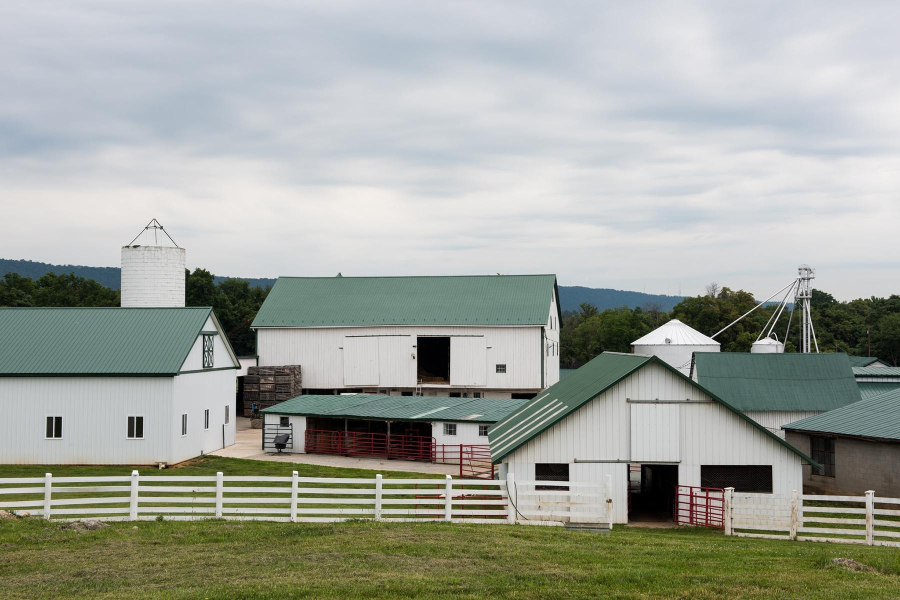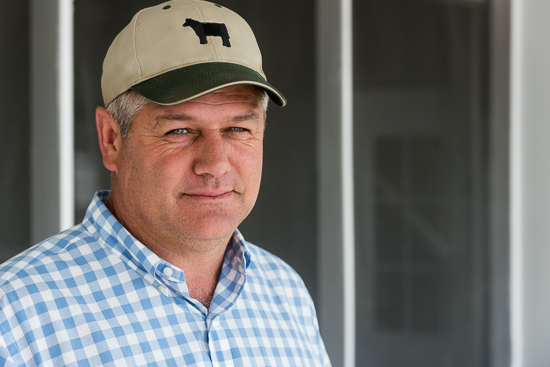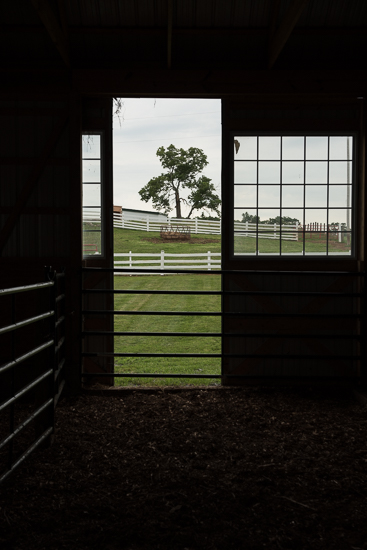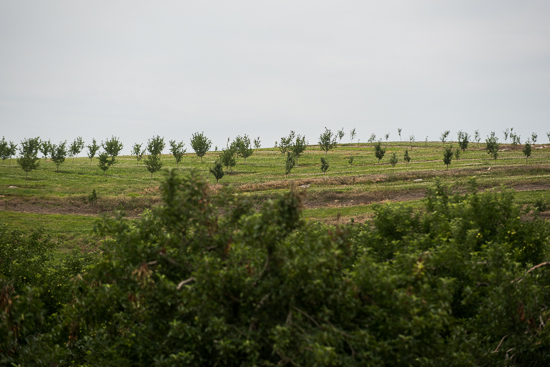Generations of conservation on a West Virginia family farm
Father and son duo have built Butler Farms into state's top conservation farm

It’s an overcast summer morning in Berkeley County, West Virginia, and Todd Butler has parked his pick-up truck atop one of the many hills that roll across his property. He points to the ridge of a nearby mountain peak, where the dense, forested tree line is broken by a small gap.
“I’m sitting in my house, and I can see this mountain from there,” Butler recalls. “I never will forget the very first morning I sat there, and I saw a light on top of that mountain, and I thought, ‘What is that?’ And it turns out, they’d built a house up there.”
As the fourth-generation owner of Butler Farms, Butler has been witness to plenty of changes over the years: a decline in the number of neighboring farms, a rise in residential development, a technology boom for farming equipment. And while some features have remained the same—the original farmhouse, barn and cattle gates are still standing—much of the farm’s operation is dramatically different from when Butler’s great-grandfather bought the land in 1919. Almost a century later, the 200-acre family dairy farm has grown to more than 1,000 acres, home to beef cattle, an apple orchard and a bird and deer hunting preserve.

Over the years, Butler and his father, Bill, have transformed their property into one of the top conservation farms in the Mountain State. A variety of practices—from streamside fencing to cover crops—help to reduce runoff and promote water quality. Cattle drink out of troughs rather than straight from streams, and their feed wagons are continuously moved to different locations to prevent a single area from getting trampled or polluted with manure. The farm’s 72 apple orchard plots are farmed in strips; the land between each row of trees is left untouched to help slow the flow of water and prevent soil from washing away.

Sustainable pest management practices have made the land of Butler Farms a haven for insects, birds and other wildlife. Pollinator-friendly native flowers and grasses border the fields. Patches of sorghum, an annual grass that produces bright red berries, will feed birds and deer through the winter.
When Butler was younger, he remembers entire fields being sprayed with herbicides, pesticides and other chemicals. Now, he says, “we don’t use near the chemicals that we used to. Everything used to be in quarts or gallons; now we’re down to ounces.”

Butler credits the West Virginia Conservation Agency’s (WVCA) Eastern Panhandle District with the success of the conservation practices currently in place on the farm. “When we first started, we were putting in switchgrass and so forth, and we really didn’t know what to implement and what to put in,” Butler explains. “With their direction and their help, it’s made it very easy for us to get it done.”
And though Butler Farms won the WVCA’s Conservation Farm of the Year award in 2014, Butler doesn’t see the work his family has done as out of the ordinary—rather, it’s part of how he and other farmers can prepare for the future.
“Water’s going to be the biggest natural resource that we’re going to have to contend with here very shortly. It just seems to be taken for granted,” Butler says. “More and more people are working toward [using conservation practices], as we’re being educated on what we can do to help improve.”
No matter what the future holds, Butler and his family seem ready to handle it. After all, the farm has already adapted to a multitude of changes over the past hundred years.
“I heard my dad say the other day, he said his parents would roll over,” Butler laughs. “He said they’d never have any thoughts of the way things have changed.”

Comments
The Butler Farm & the Butlers are outstanding ! I have spent many days hunting as well as many hours of conversation with both Todd & Mr. Bill... Every time I go there I always stop at the bridge as you enter their property to admire how nice the farm ALWAYS look !! Anyone who enjoys great hunting habitat, great fellowship, excellent food after the hunt needs do themselfs a favor a spend sometime at Butlers Farm !!! AND - if your lucky you might just get Mr. Bill to tell you a joke or two!!!
You are always made to feel at home when you visit "THE FARM"
Great piece, Stephanie! We appreciate you highlighting the stewardship of our ag producers!
Thanks Stephanie for an excellent article about a wonderful, hard working family. Great job Butler Farms and thanks for all you do!!
Thank you!
Your comment has been received. Before it can be published, the comment will be reviewed by our team to ensure it adheres with our rules of engagement.
Back to recent stories